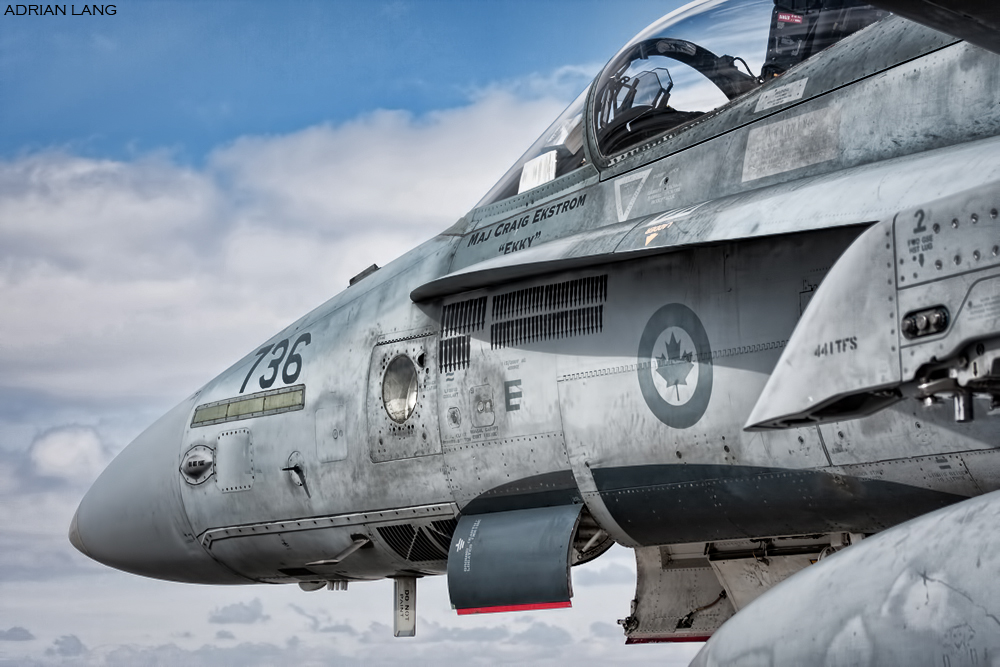In his mandate letter to Defence Minister Harjit Sajjan, Prime Minister Trudeau instructed him to “conduct an open and transparent review process to create a new defence strategy for Canada.” The Government of Canada will begin the long process of over hauling the countries defence policy. This could potentially be a drastic change from past.
Currently, the federal government has been operating under the auspices of the Canada First Defence Strategy (CFDS). The CFDS was created by the previous Conservative government. It was to provide a detailed road map for the modernization of the Canadian forces. There are four pillars under this strategy upon which military capabilities would be built: personnel, equipment, readiness and infrastructure. Prime Minister Trudeau instructed his Defence Minister to find a new strategy to replace the “outdated” CFDS. These instructions have naturally led to criticism from the opposition benches.
James Bezan, the Conservative National Defence critic, in an article for Embassy News, outlined why the Liberal government should continue to support the CFDS. Mr. Bezan argued that “the CFDS provides a detailed road map for the modernization of the Canadian Armed Forces…[and] takes into account valuable lessons drawn from recent experiences at home and around the globe.” He continued by arguing that the CFDS is a 20-year strategy supported by long-term funding.
A former Liberal Defence Minister has a different view from his Conservative colleagues concerning the CFDS. David Pratt, Defence Minister under Prime Minister Martin, argues that Canada needs to return to a more coherent security policy. In the article “Moving beyond the boulevard of broken dreams” in Embassy News, Mr. Pratt argues that “our allies must know that we are returning to a more measured and coherent foreign policy.” He continued to argue that our friends and allies deserve a measure of predictability from Canada when it comes to defence policy.
Many leaders with the Canadian military would agree with the assessment that predictability is necessary for effective foreign and defence policy. In an interview with Marie-Danielle Smith of Embassy News, Vice-Admiral Mark Norman said, “the priority will be ensuring that we have a good sense of what government wants us to do or doesn’t want us to do.” Vice-Admiral Norman is the chief of naval staff and commander of the Royal Canadian Navy. It is apparent that all parties involved in Canada’s defence strategy believe we need long-term, predictable benchmarks. Despite everyone’s intentions, it seems to be still a work in progress for the current government.
Prime Minister Trudeau has instructed his cabinet to pursue a new defence strategy, but details remain vague on the exact form this will take. During an appearance before the House Standing Committee of National Defence, Minister Sajjan did not say much about what defence policy would look like on his watch. In fact, the defence minister did not provide much direction at all. The Minister would not even comment on the Liberal campaign promise not to purchase the Lockheed-Martin F-35. His response to this line of questioning was the need for an open procurement process.
Within the Prime Minister’s Office there seems to be confusion over how Canada should proceed with its defence strategy. This past weekend the Minister of Public Service and Procurement Judy Foote, announced that the government would not be accepting the unsolicited bid from Davie shipyard in Quebec City to sell Canada an icebreaker. The government will be going honouring the original agreement with Seaspan in Vancouver, which was contracted to build an icebreaker for $1.2 billion by 2021. Davie shipyard was offering to produce an icebreaker at a fraction of the cost within 18 months.
Many believe this decision was political in nature. Prime Minister Trudeau is dealing with heightened east-west tensions on energy, and the last Prime Minister who shifted a major defence contract from the West to Quebec stoked the fires of western alienation. Politics still trumps common sense it seems.
Predictability was a key component that Vice-Admiral Norman wanted to see from any federal government. It remains to be seen whether this current federal government will break with past governments indecisiveness on defence issues or not. If the first four months are any indication, there is still a lot of work to be done.




